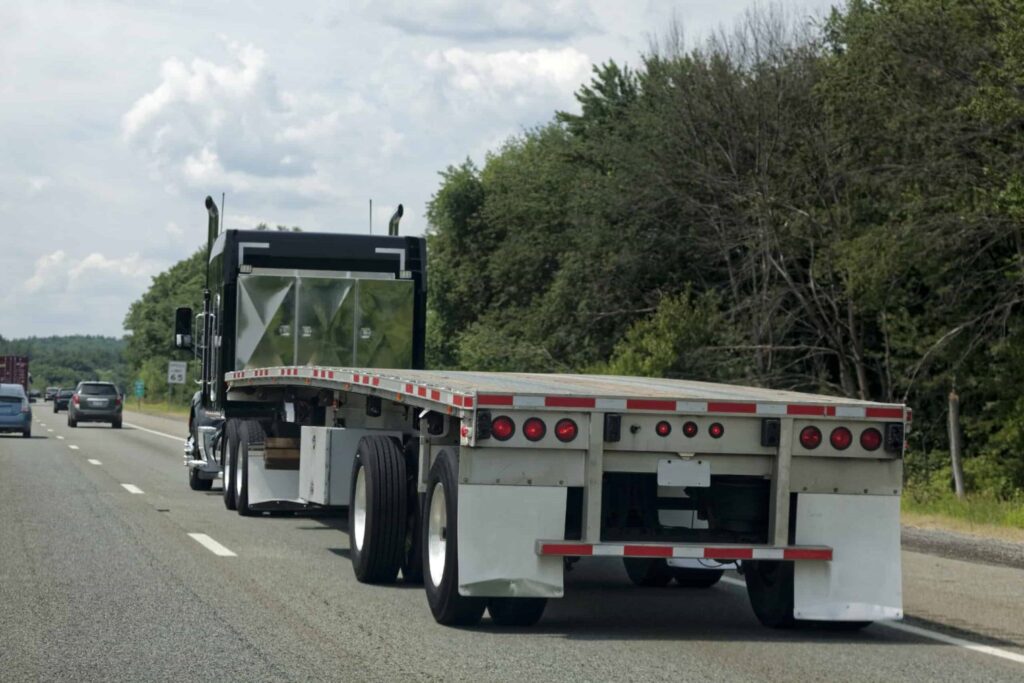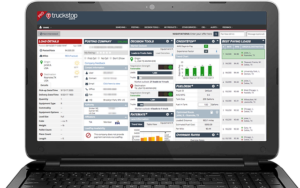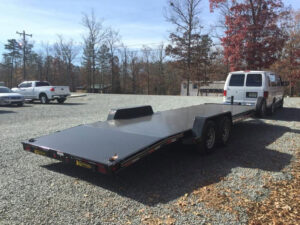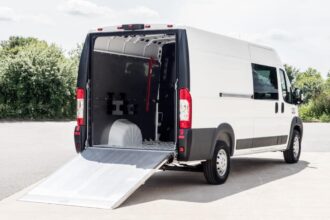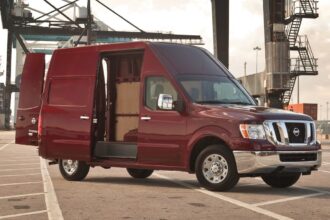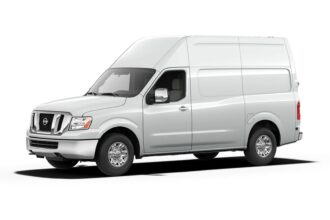Table of Contents
Imagine a world where endless highways stretch before you, each carrying opportunities waiting to be hauled. Starting a flatbed trailer business isn’t just about transporting goods; it’s about embarking on a journey filled with challenges, rewards, and the thrill of moving the backbone of the economy. Today, explore the road to launching your own flatbed trailer business and discover the keys to success in this dynamic industry.
To start a flatbed trailer business;
1. Create A Business Plan and Analyze the Market
To start a flatbed trailer business, create a business plan and analyze the market.
Develop a comprehensive business plan that outlines your goals, target market, pricing strategy, financial projections, and marketing plan. A well-structured business plan will serve as a roadmap for your business and help secure funding if needed.
This stage is critical for understanding your market, competition, and setting clear business objectives. Determine who your potential customers are, such as construction companies, manufacturers, or logistics firms.
Research existing flatbed trailer businesses in your area to understand their services, pricing, and customer base. Investigate the demand for flatbed trailer services in your region. Consider factors like industry growth and economic trends.
>>>MORE: Flatbed Trailer Business Ideas
2. Understand The Legal Requirements and Obtain Licensing
To operate a flatbed trailer business, understand the legal requirements and obtain licensing.
Register your business with the appropriate government agencies, which may include choosing a legal structure like a sole proprietorship, LLC, or corporation.
Apply for an MC number through the Federal Motor Carrier Safety Administration (FMCSA) to engage in interstate commerce. Obtain a USDOT (United States Department of Transportation) number if you transport cargo across state lines.
Check with your state’s transportation department for additional permits and requirements. Ensure that your business complies with all federal, state, and local regulations, as non-compliance can lead to fines and legal issues.
3. Acquire Fleet and Equipment
To establish a flatbed trailer business, acquire fleet and equipment.
Choose flatbed trailers that meet industry standards and are suitable for various types of cargo. Assess factors such as size, weight capacity, and any specialized features required for your niche.
Invest in equipment like straps, chains, binders, and tarps to safely secure and protect cargo during transit. Implement a rigorous maintenance schedule to keep your trailers and equipment in top condition. Safety is paramount in the transportation industry, and regular inspections are crucial.
4. Secure Finance
To launch a flatbed trailer business, securing finance.
Use your own funds to kickstart the business, but be cautious not to overextend yourself financially. Explore options for business loans from banks, credit unions, or online lenders. Be prepared to present a solid business plan to secure financing.
Seek investors who are willing to provide capital in exchange for equity or a share of the business’s profits. Research government grants or programs that may offer financial assistance to transportation startups. Choose the financing method that aligns with your business plan and financial goals.
5. Prioritize Insurance
To start a flatbed trailer business, prioritize insurance.
Insurance is a critical component of your flatbed trailer business. It provides protection for your business, your drivers, and the cargo you transport. Key insurance coverages to consider include:
This coverage protects your business from legal claims and liabilities in case of accidents or injuries involving your vehicles. Cargo insurance safeguards the value of the goods you transport. It’s crucial for covering potential losses or damage during transit.
If you hire employees, workers’ compensation insurance is essential to cover medical expenses and lost wages in case of work-related injuries or illnesses. Consult with an insurance agent experienced in the transportation industry to ensure you have the appropriate coverage.
6. Hire Qualified Staff
To commence your flatbed trailer business, hire qualified staff.
Your employees play a pivotal role in the success of your flatbed trailer business. Hire drivers with commercial driver’s licenses (CDL) who are skilled in operating flatbed trailers and securing cargo safely. Provide ongoing training to your drivers to ensure they are up-to-date with safety regulations and best practices.
Depending on the size of your business, you may need administrative personnel to handle bookings, logistics, billing, and customer relations.
Remember that your employees are ambassadors for your business, so prioritize professionalism, safety, and customer service in your hiring and training processes.
>>>PRO TIPS: Flatbed Trailer Business: How to Find Loads
7. Prepare Pricing Strategy
To establish a flatbed trailer business, prepare pricing strategy.
Developing a competitive pricing strategy is essential for attracting customers and ensuring profitability. Calculate all your expenses, such as fuel, maintenance, insurance, and personnel costs, to determine your break-even point.
Research the prevailing rates for flatbed trailer services in your region and adjust your pricing to remain competitive. If you offer specialized services, consider pricing them accordingly to reflect the added value.
Explore ways to incentivize repeat business or long-term contracts through discounts or loyalty programs. Regularly review and adjust your pricing strategy as market conditions change to stay competitive and profitable.
8. Implement Marketing and Promotion
To start a flatbed trailer business, implement marketing and promotion.
Creating a strong presence in the market is essential for attracting customers to your flatbed trailer business. Develop a professional website that showcases your services, pricing, and contact information. Ensure it’s mobile-friendly and optimized for search engines.
List your business in relevant online directories, especially those focused on the transportation and logistics industry. Utilize social media platforms to connect with potential customers, share industry news, and highlight your expertise.
Encourage satisfied customers to provide testimonials or reviews that can boost your credibility and reputation.
Effective marketing will help you reach your target audience and establish your business as a trusted provider of flatbed trailer services.
9. Prioritize Safety and Compliance
To set up a flatbed trailer business, prioritize safety and compliance.
Regularly train your drivers on safety protocols, cargo securement, and hours-of-service regulations. Conduct routine inspections of your trailers and equipment to identify and address any issues promptly.
Stay up-to-date with federal, state, and local regulations governing the transportation of goods. Develop an emergency response plan that outlines how your business will handle accidents, spills, or other incidents.
Prioritizing safety not only protects your drivers and cargo but also helps you maintain a positive reputation in the industry.
10. Provide Excellent Customer Service
To commence a flatbed trailer business, provide excellent customer service.
Exceptional customer service is key to building a loyal client base and securing repeat business. Respond promptly to inquiries and provide clear communication throughout the shipping process. Strive to deliver cargo on schedule, and communicate proactively if delays occur.
Handle any issues or concerns professionally and promptly, working toward a satisfactory resolution. Be available to customers for questions, updates, and emergencies, even outside regular business hours if possible.
Satisfied customers are more likely to become repeat clients and recommend your services to others.
>>>GET SMARTER: Flatbed Trailer LLC: Everything You Must Know
11. Consider Expansion and Growth
To kick-start a flatbed trailer business, consider expansion and growth.
As your flatbed trailer business becomes established, explore opportunities for expansion and growth. Invest in additional trailers and equipment to meet growing demand. Evaluate the potential to expand your service area to reach new customers and markets.
Diversify your offerings to include specialized services like transporting oversized loads or hazardous materials. Form strategic partnerships with other businesses in the transportation and logistics industry to access new opportunities.
Growth requires careful planning and risk assessment to ensure it aligns with your long-term goals.
12. Maintain Accurate Financial Management
To kick off a flatbed trailer business, maintain accurate financial management.
Maintain accurate financial records, tracking all income and expenses to monitor the health of your business.
Create a budget that outlines projected revenues and expenses, helping you make informed financial decisions. Ensure you have sufficient cash flow to cover operational costs and handle unexpected expenses.
Keep up-to-date with tax obligations, including income taxes, payroll taxes, and any industry-specific taxes. Consider reinvesting profits into your business for growth and equipment upgrades.
By managing your finances wisely, you can ensure the long-term success and profitability of your flatbed trailer business.
Summary
Starting a flatbed trailer business requires a well-thought-out plan, adherence to regulations, and a commitment to safety and customer service. By following these comprehensive steps, you can navigate the challenges of this competitive industry and build a successful and sustainable flatbed trailer business. Remember that continuous learning and adaptability are crucial as the industry evolves, and staying ahead of industry trends will help you thrive in the long run.


